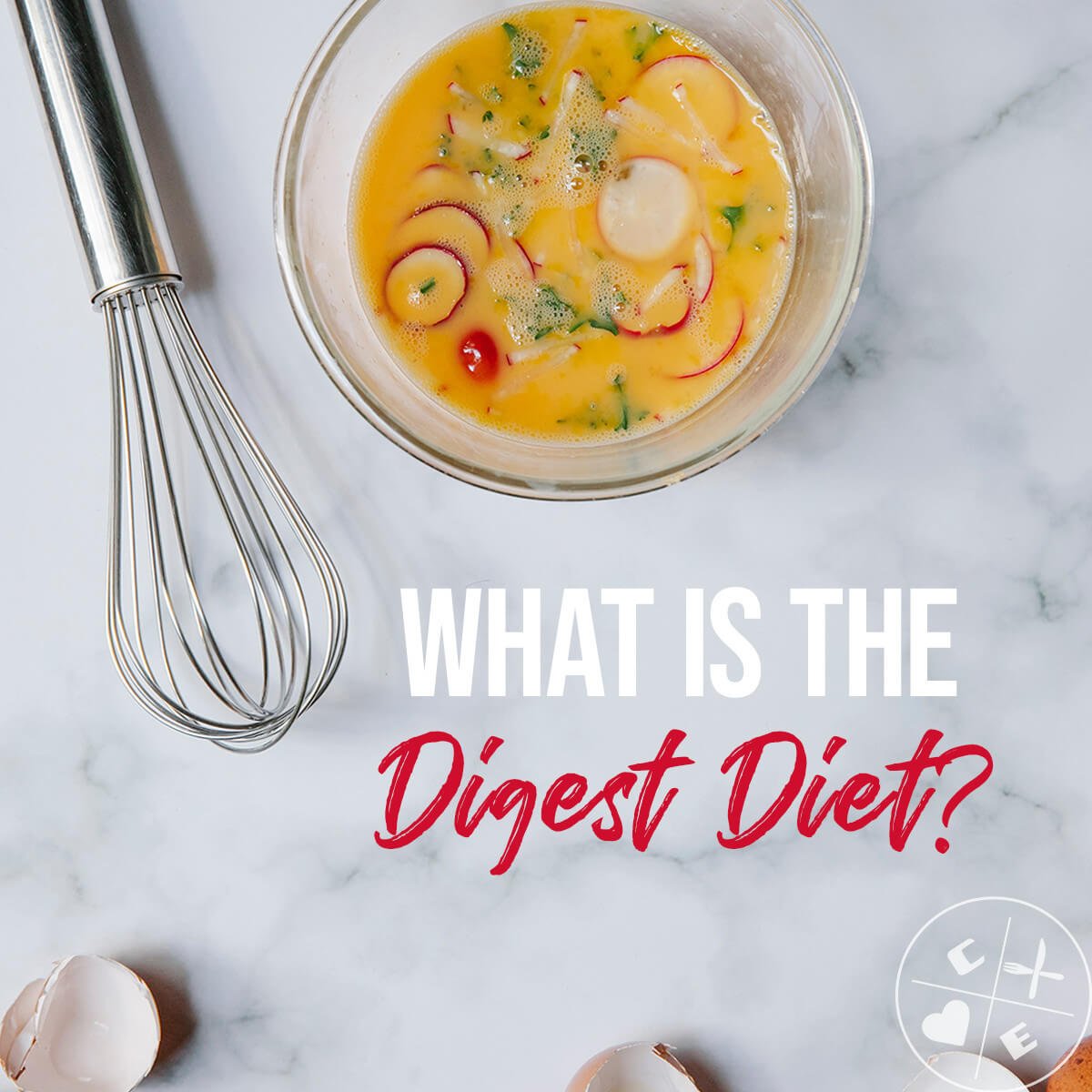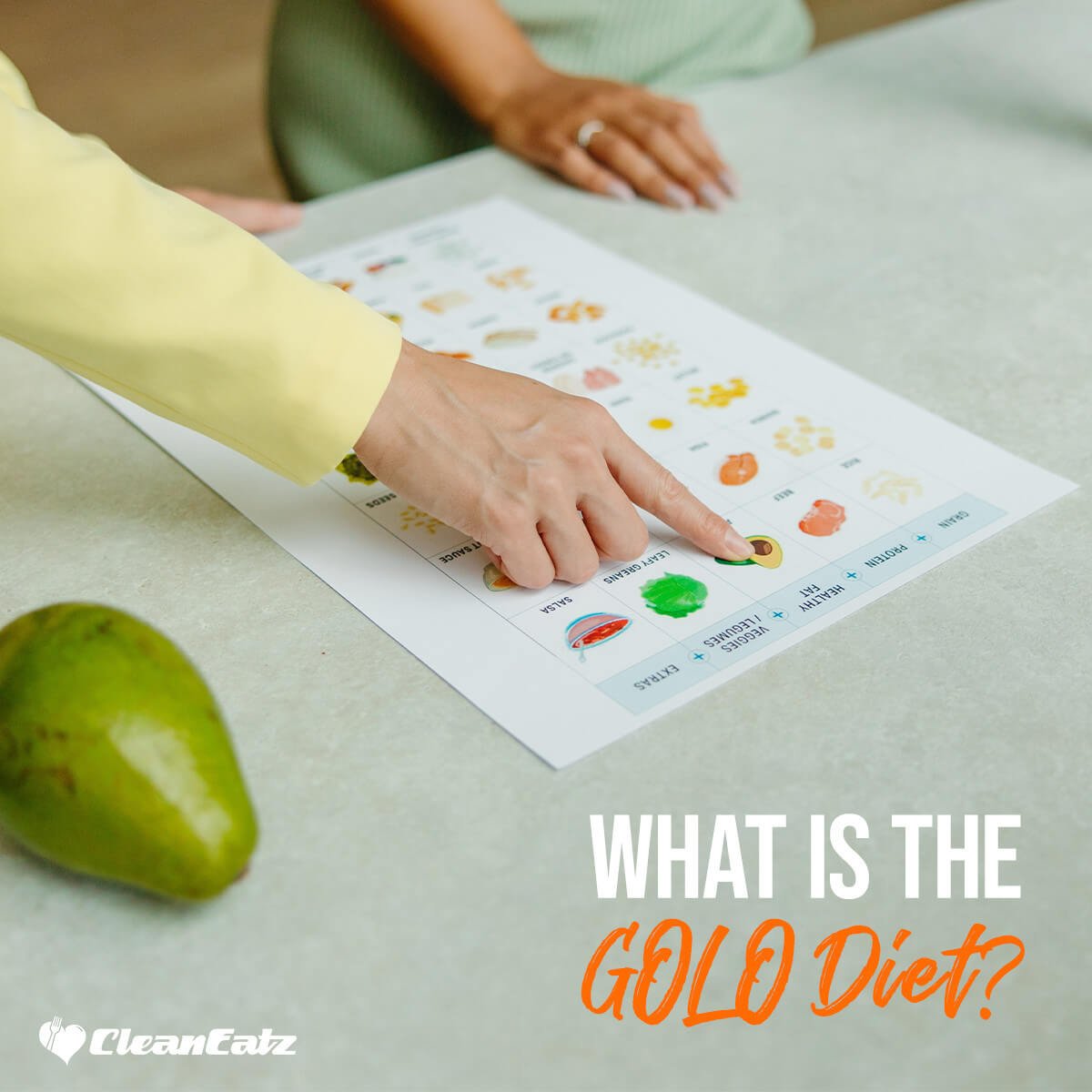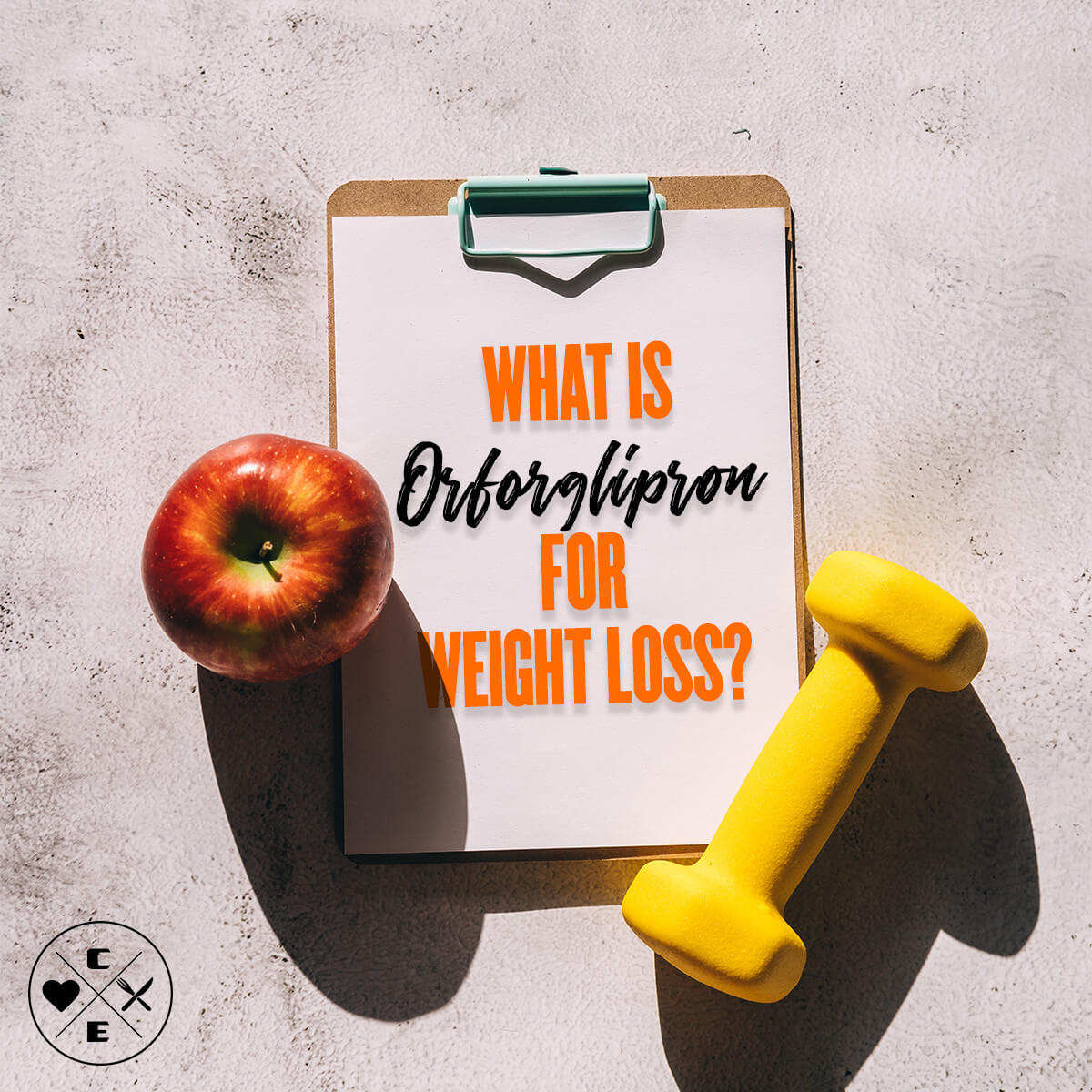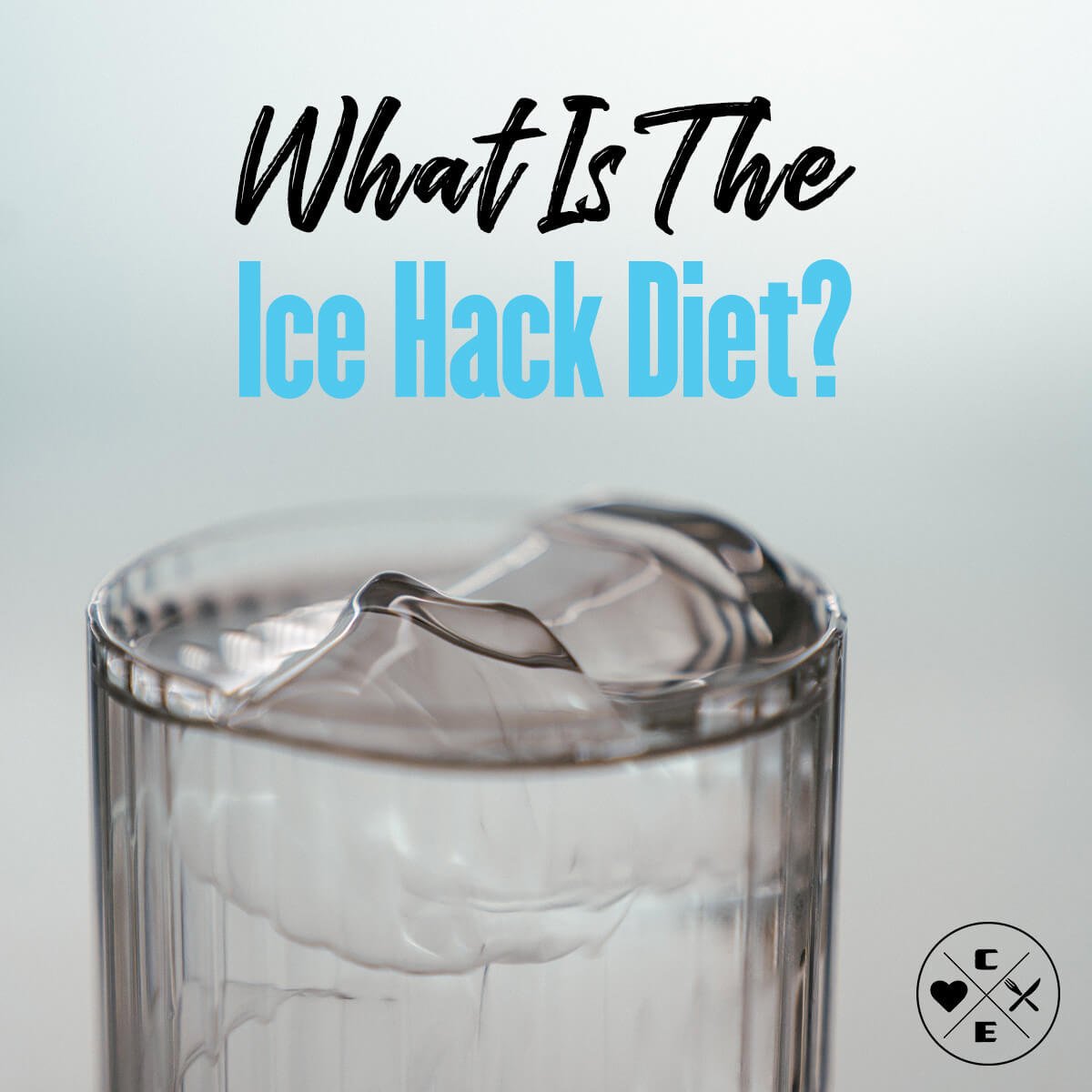
What is the Digest Diet? Boost Your Digestion with a Special Routine
Jason Nista
Nutrition
|
Weight Loss
7 minute read
Hey there, have you heard about the latest fad diet making the rounds? It's called the Digest Diet and promises you can lose weight fast by "boosting your metabolism." Sounds too good to be true, doesn't it?
The Digest Diet claims that by consuming certain foods in a specific order, you can speed up your digestion and turn your body into a fat-burning machine. Before you jump on the bandwagon, you'll want to know the truth. We did some investigating into the Digest Diet to find out if it could actually help you achieve your weight loss goals.
What Is the Digest Diet and How Does It Work?
The Digest Diet is a weight loss plan focused on optimizing your metabolism. The core idea is that by eating certain foods and nutrients, you can speed up your metabolism to burn more calories and lose weight.
The diet centers around five main principles:
- Eat protein with each meal. Aim for 20 to 30 grams of protein per meal, especially at breakfast. Protein helps build muscle which boosts your metabolism. Some good options include eggs, Greek yogurt, nuts, and lean meats.
- Reduce carb intake. Cut down on high-carb foods like white bread and pasta. Instead, choose low glycemic carbs such as vegetables, fruits, and whole grains which won't spike insulin levels. Insulin inhibits fat burning, so keeping it low is key.
- Drink plenty of water. Staying hydrated is essential for your metabolism and overall health. Aim for 6 to 8 glasses of water per day. Some studies show drinking cold water may provide a slight metabolism boost.
- Eat spicy foods. Spicy foods like chili peppers, cayenne, and turmeric contain compounds that may give your metabolism a kick and help burn more calories.
- Get enough sleep. Aim for 7 to 9 hours of sleep per night. Lack of sleep can slow your metabolism by up to 15%. Sleep is when your body repairs itself, builds muscle, and burns fat.
By following these principles, the Digest Diet claims you can boost your metabolism by up to 70% and lose up to 10 pounds in just 2 weeks. The plan seems reasonable and balanced, but as with any diet, results will vary from person to person based on individual factors. For the best chance of success, be consistent and committed to making long-term lifestyle changes.
Foods to Focus on and Avoid
The Digest Diet focuses on eating more of the good stuff and less of the bad. Some of the foods you'll want to emphasize in your diet include:
Lean proteins: Like fish, chicken, beans, and eggs. These help keep you feeling full and reduce cravings. Aim for 3-4 ounces with each meal.
Lots of fresh veggies and fruits: They're loaded with nutrients, high in water, and low in calories. Try to include at least one with every meal. Some great options are broccoli, spinach, berries, and citrus fruits.
Healthy fats: Healthy fats for weight loss such as avocados, nuts, and olive oil are essential. They provide energy and help absorb fat-soluble vitamins. Just watch your portion sizes, as these foods are high in calories.
On the other hand, there are some foods you'll want to limit or avoid altogether:
Red meat and full-fat dairy: While not off limits, consume these in moderation. Choose low-fat or fat-free dairy options when possible.
Refined carbs: Like white bread, pasta, and rice. These spike blood sugar and promote fat storage. Opt for whole-grain alternatives.
Sugary and fatty junk foods: Cut way back on chips, cookies, candies, and fried snacks. They're terrible for your metabolism and waistline.
By focusing on nutritious, whole foods that satisfy you and avoiding processed junk, the Digest Diet can help boost your metabolism and support sustainable weight loss over time. Making balanced, healthy choices and watching your portion sizes is the key to success. With the right mindset and dedication, you've got this!
Does the Digest Diet Deliver Weight Loss?
When you first start the Digest Diet, you may experience some weight loss in the initial week or two. This is mostly water weight, as the diet focuses on reducing inflammation in the body. Limiting highly inflammatory foods like red meat, dairy, and processed carbs causes a diuretic effect, releasing excess water stored in the body.
Metabolic Boost
Proponents claim the Digest Diet boosts metabolism through its emphasis on probiotic and prebiotic foods, like yogurt, kefir, and legumes. The good bacteria in these foods may increase fat oxidation and calorie burning. However, research on probiotics and metabolism is limited. While probiotics show promise for gut and overall health, their direct impact on metabolism and weight loss is still unclear.
The diet also encourages eating chili peppers and turmeric, which contain compounds thought to slightly increase metabolism. But the effects are minor and short-lived. The diet itself is low in calories, usually around 1,200 to 1,500 per day, which contributes most to any weight loss. The metabolic effects, if any, are small.
Effective for Long-Term Loss
Like most diets, the Digest Diet may spur initial weight loss, but keeping it off long-term is challenging. Very low-calorie diets are difficult to sustain, and your metabolism will slow down in response. For ongoing weight loss, the Digest Diet needs modifications to provide balanced nutrition with enough calories and protein to maintain muscle mass. Many people also wonder "What are the benefits of exercise?" and don't think much of it but remember that incorporating regular exercise is also key for success.
As with any diet, the Digest Diet may work for some and not others. If you do give it a go, make sure to stay hydrated, get plenty of rest, and avoid overdoing the exercise. But as always, the tried-and-true formula for losing weight in a sustainable way is simply to eat more nutritious foods and move your body regularly. There are no shortcuts, but maintaining a balanced approach can help ensure you stay on track to meet your goals.
Now that you know everything about the Digest Diet, you also need to know where you can acquire your meals as part of this diet plan. Clean Eatz Kitchen offers you all sorts of different weight loss meal delivery plans to help you keep up with your fitness goals.
Final Thoughts
The digest Diet focuses on enhancing metabolism through a specific selection of foods and nutrients. Key components include protein, vegetables, fruits, and healthy fats while avoiding red meat, full-fat dairy, refined carbs, and sugary/fatty junk food. This approach leads to initial weight loss, metabolic enhancement, and sustained success when combined with regular exercise. It offers a promising path to improved health and well-being through mindful nutrition and physical activity, making it a valuable choice for those looking to enhance their overall lifestyle.
FAQ
What foods should I focus on and avoid on the digest diet?
The Digest Diet emphasizes foods like lean proteins (fish, chicken, beans, and eggs), fresh vegetables, fruits, and healthy fats (avocado, nuts, and olive oil). It recommends limiting or avoiding red meat, full-fat dairy, refined carbs, and sugary/fatty junk foods. The key is to focus on nutritious, whole foods and watch portion sizes for sustainable weight loss and metabolic improvement.
Is the digest diet effective for long-term weight loss?
The Digest Diet, like many diets, may lead to initial weight loss, but sustaining it over the long term is challenging. Very low-calorie diets can slow metabolism, and for ongoing success, the diet needs adjustments to provide balanced nutrition and encourage an active lifestyle.
What are the key takeaways from the digest diet?
The Digest Diet emphasizes nutritious foods and healthy habits, but there is little evidence it significantly boosts metabolism or leads to more weight loss than a balanced diet. To maintain sustainable weight loss, it's crucial to focus on eating well, staying active, and avoiding shortcuts.
Can you provide a balanced approach to weight loss?
Maintaining a balanced approach to weight loss involves consuming nutritious foods and engaging in regular physical activity. While there are no shortcuts to achieving your goals, this approach ensures you stay on track to meet your weight loss and health objectives.
Related Articles
Discover What Is GOLO Diet?
7 minute read
What Is Orforglipron for Weight Loss?
7 minute read



